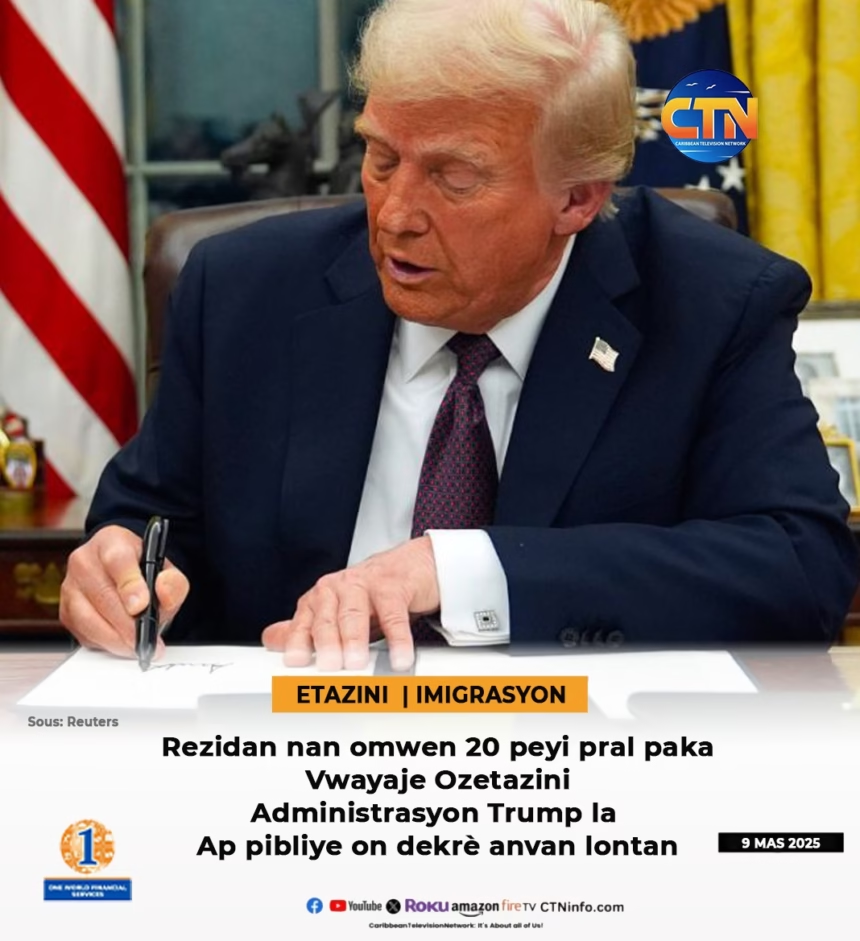President Donald Trump is set to introduce a new travel restriction policy that may affect travelers from Afghanistan, Pakistan, and several other nations, with the measures potentially taking effect as early as next week. According to The Independent, this initiative follows a January 20 executive order in which Trump directed his cabinet to identify countries requiring travel limitations due to “inadequate screening and vetting procedures.”
Trump had initially promised to “implement travel restrictions” at the start of his presidency, though this pledge was not immediately fulfilled. The anticipated measures would reinstate a policy from his previous administration that barred entry to travelers from several predominantly Muslim nations. This policy was upheld by the Supreme Court in 2018. Reuters reports that Afghanistan and Pakistan are expected to be included, along with other previously restricted nations such as Cuba, Iran, Libya, North Korea, Somalia, Sudan, Syria, Venezuela, and Yemen.
The proposed travel restrictions on Afghanistan could significantly impact thousands of Afghans who assisted U.S. military operations and are now seeking relocation through the Special Immigrant Visa (SIV) program. According to The Independent, approximately 200,000 Afghans are currently awaiting either resettlement approval or the processing of their SIV applications. These individuals face a serious risk of Taliban persecution due to their past collaboration with the U.S.
Although the State Department may request exceptions for these Afghans, “approval seems unlikely,” an anonymous source told Reuters. The potential restrictions have already raised alarm among support organizations. #AfghanEvac, a resettlement assistance group, issued a statement on Wednesday urging those with valid U.S. visas to travel as soon as possible. “Those holding valid U.S. visas in their passports or travel documents should arrange travel immediately,” the announcement stated. “While no official changes have been implemented, U.S. government sources indicate that a travel restriction on Afghan nationals may be announced within the next week”, reports The Independent.
Trump’s first travel restriction, implemented in January 2017, blocked entry for travelers—including permanent residents—from seven Muslim-majority countries. The policy was swiftly suspended by the courts. A subsequent revision removed Iraq from the list and exempted green card holders, though legal challenges continued.
Trump later introduced a third version, which restricted travel from six Muslim-majority nations, as well as North Korea. The Supreme Court upheld this version in 2018, recalled The Independent.
As Trump moves to reinstate these travel restrictions, concerns are growing over their potential humanitarian impact, particularly for Afghans who supported U.S. operations and now face an uncertain future.






